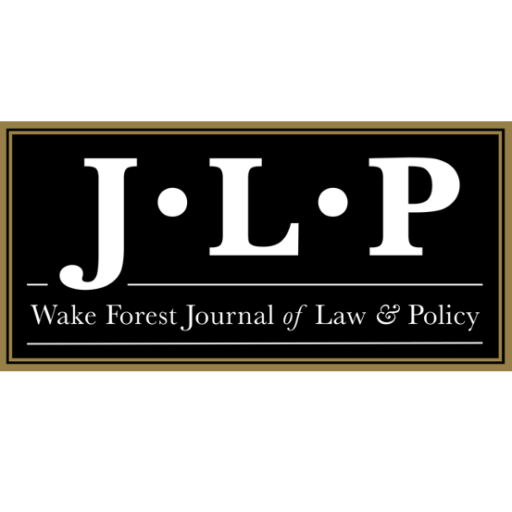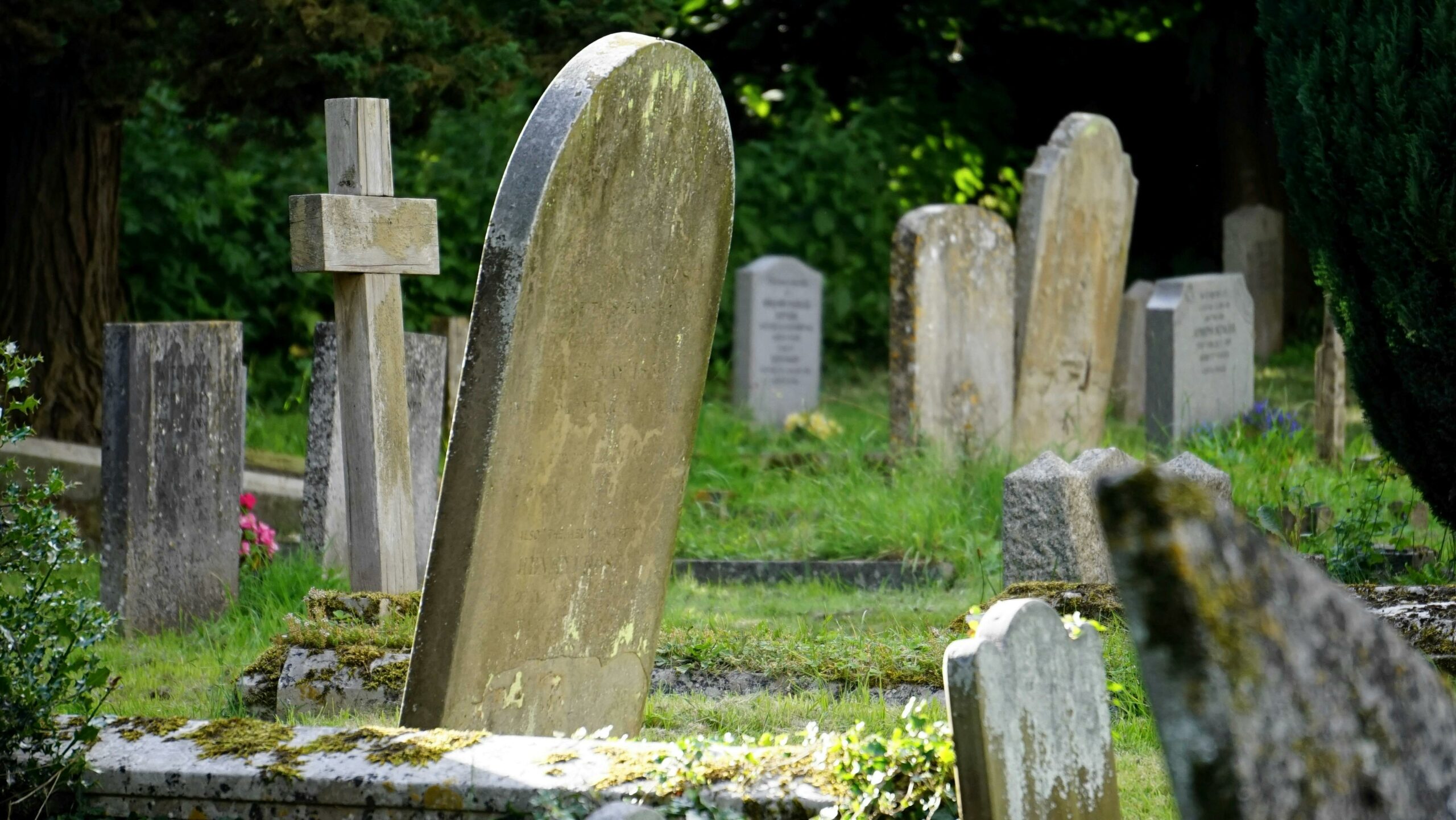Over the last century, occupational licensing has been an unstoppable frate that has shown no signs of slowing. In the 1950s, only 5% of the American workforce was required to obtain a license before selling goods or performing services in their selected profession.[1] As of 2023, this number has risen to an astonishing 25%.[2] Such regulations affect more than one-fifth of American business sectors today, including doctors, lawyers, teachers, barbers, bartenders, animal trainers, and even tree trimmers.[3] As a result, aspiring entrepreneurs in many industries are met with enormous startup costs and unnecessary barriers to entry which hinders the opportunity for innovation and economic prosperity.
Occupational licensing, in its purest form, is the process by which entry into a certain business sector requires permission from a government body through a demonstration of a minimum degree of competency. It is difficult to argue that these laws should not exist at all, considering the public benefits greatly when unscrupulous individuals are prevented from providing unsafe or fraudulent goods and services. However, when the “promoting public safety” justification for licensing goes too far, it can quickly become blatant economic protectionism. In this way, actors inside an existing industry are able to increase entry regulations that make it overly burdensome for potential business competitors to join–to the detriment of individuals and of impacted business sectors.
If any industry has felt the wrath of unnecessary occupation licensing laws, it is death care.[4] Just ask Lauren Richwine. In 2019, Richwine launched a new business, Death Done Differently, with the sole purpose of connecting emotionally with the deceased’s loved ones. Her vision was to help families navigate and understand end-of-life options without selling or performing any actual post-death services on the deceased.[5] All Richwine does is talk with families of the dead. Shortly after her busines became a growing success, an anonymous complaint (almost certainly from an existing Funeral Director) was sent to the Indiana Funeral and Cemetery Board stating that she was operating as a funeral director without a license.[6] Almost immediately, the Board ordered Richwine to shut down her business, stating that she was not allowed to “discuss funeral options,”, use “verbal guidance,” consult, nor “provide advice” without a designated license.[7] Shocked by the absurdity of the decision, Richwine hired the Institute for Justice and sued the Funeral Board, the Indiana Attorney General, and the Executive Director of Indiana’s Licensing Agency. Richwine alleged that such restriction on her business was a violation of her First Amendment free speech rights considering the only role of her business was to talk about death care with clients.[8]
A similar case was decided in California that predicts good news for Richwine and other free speech advocates. Full Circle of Living and Dying v. Sanchez involved two death doulas that helped people plan for home funerals and assisted in-person at-home funerals.[9] As expected, the overly bureaucratic California Cemetery and Funeral Bureau forced the businesses to close because they were supposedly operating as a funeral establishment without a license.[10] The doulas quickly sued the Bureau and their administrative leader claiming that such licensing restrictions violated their First Amendment Rights to provide end-of-life advice while also violating their right to earn an honest living.[11] The court agreed and found that the State of California had overstepped its bounds into private business operations by imposing unnecessary licensing restrictions.[12] Institute for Justice Senior Attorney Jeff Rowes commented that the decisions dealt with “two of the hottest issues in constitutional law” and it “serves as vital precedent for rights of every American to speak and work without pointless meddling by government licensing boards.”[13]
Although the California decision is not binding on the court presiding over Richwine, it does hint at a successful, newfound constitutional argument–or trend–in the death care industry that could potentially liberate many similarly situated small businesses from suffocating government red tape. Traditionally in the deathcare space, litigants would attempt to argue economic protectionism cases based on Fourteenth Amendment claims.[14] Thus, courts would often just consider the government’s licensing procedures through a rational basis review, a standard that proved difficult for plaintiffs to defeat. Hence, such arguments have largely led to splits across jurisdictions and deadlock in combatting economic protectionism, but new free speech arguments being deployed by limited licensing advocates has lite a spark of hope which has already shown successful.
Richwine has since won a preliminary injunction in her lawsuit against the Indiana Funeral Board, allowing her to continue business operations until the case is formally decided.[15] But more importantly, when this case is ruled upon, it may again show that tackling occupational licensing and economic protectionism schemes through the First Amendment is feasible, even successful. Free speech litigation has officially become “the most cutting-edge work in this area.”
[1] See Chris Edwards, Occupational Licensing, Cato Inst. (Dec. 15, 2022), https://www.cato.org/publications/facilitating-personal-improvement-occupational-licensing.
[2] See Rachel Wallen Oglesby, Universal Licensing Recognition: An America First Policy for Workers, Am. First Pol’y Inst. (Sept. 29, 2023), https://americafirstpolicy.com/issues/fact-sheet-universal-licensing-recognition-an-america-first-policy-for-workers.
[3] See Chris Edwards, supra note 1.
[4] See Lana Harfoush, Comment, Grave Consequences for Economic Liberty: The Funeral Industry’s Protectionist Occupational Licensing Scheme, the Circuit Split, and Why It Matters, 5 J. Bus. Entrepreneurship & L. Iss. 1 (2011).
[5] See Clayton McMahan, Fort Wayne Woman Sues AG’s Office After Cease and Desist Order Shuts Down End-of-Life Care Business, WANE 15 (Aug. 31, 2023).
[6] See Jeff Rowes & Ben Fields, Freeing Speech at All Stages of Life, Inst. for Just. (Nov. 1, 2023), https://ij.org/ll/freeing-speech-at-all-stages-of-life/.
[7] See id.
[8] See Dan King, Fort Wayne Death Doula Wins First Round of Lawsuit, Can Keep Business Open While Case is Pending, Inst. for Just. (Dec. 20, 2023), https://ij.org/press-release/fort-wayne-death-doula-wins-first-round-of-lawsuit-can-keep-business-open-while-case-is-pending/; Richwine v. Matuszak, No. 1:23-cv-00370-HAB-SLC, 2023 WL 8747471 (E.D. Ind. Dec. 19, 2023).
[9] See Full Circle of Living and Dying v. Sanchez, No. 2:20-cv-01306-KJM-KJN, 2023 WL 373681 (E.D. Cal. Jan. 24, 2023).
[10] See id.
[11] See id.
[12] See id.
[13] Press Release, Institute for Justice, Victory: Court Rules California Regulations on End-of-Life Doulas Violate First Amendment, Economic Liberty Rights (Jan. 25, 2023) https://ij.org/press-release/victory-court-rules-california-regulations-on-end-of-life-doulas-violate-first-amendment-economic-liberty-rights.
[14] Compare Craigmiles v. Giles, 312 F.3d 220 (6th Cir. 2002) with Powers v. Harris, 379 F.3d 1208 (10th Cir. 2004).
[15] See Dan King, supra note 7.

